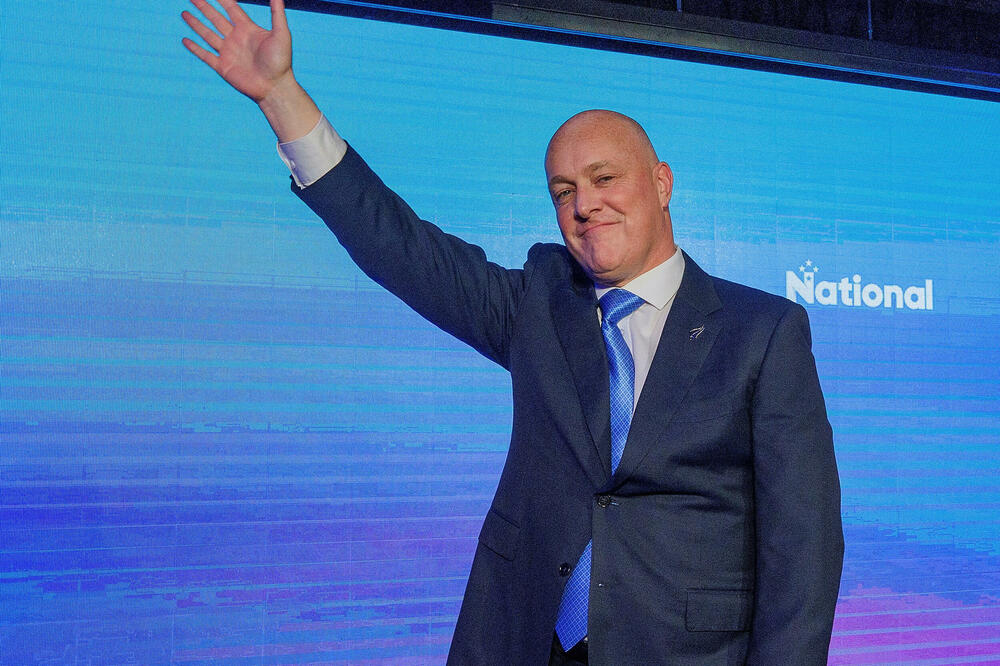Former businessman, conservative Christopher Lacson won a clear victory in today's parliamentary elections in New Zealand, and will be the new prime minister.
People voted for change after six years of a Liberal government, most of which was led by Jacinda Ardern.
Outgoing Labor Prime Minister Chris Hipkins, who spent just nine months in the post after taking over from Ardern in January, told supporters today that he had called Lacson and conceded defeat.
Hipkins said it wasn't the result he wanted.
"But I want you to be proud of what we have achieved in the last six years," he told supporters in Wellington.
With the majority of votes counted, Lacson's National Party has about 40 percent of the vote. Under New Zealand's proportional electoral system, Lacson is expected to form an alliance with the liberal ACT Party.
On the other hand, the Labor Party led by Hipkins won just over 25 percent of the vote, half less than it had in the previous elections when the party was led by Ardern.
The New Zealand Herald reports that, according to projections, Lacson's National Party will win 51 seats in parliament, Labor 33, the Greens 13, ACT 12, New Zealand First eight and Te Pati Maori four seats, the BBC reports.
To form a government, a party or a post-election coalition must have at least 61 seats in the 120-member parliament.
Chris Lacson first entered parliament in 2020 and became the Leader of the Opposition in November 2021.
Some of his key campaign promises included tax cuts for middle-income earners and a crackdown on crime.
One of the main issues before the election was the economy, especially the cost of living. New Zealand has been hit by a slowdown in economic activity in China, its biggest trading partner, and the impact of the war in Ukraine.
Jacinda Ardern unexpectedly stepped down as prime minister in January, when she said she no longer had "enough fuel" to do the job properly. She won a landslide victory for Labor in the previous election in October 2020, but her popularity has been waning due to public fatigue with restrictions during the pandemic and as inflation has begun to threaten the economy.
When she left, 45-year-old Chris Hipkins became the new leader. He was previously the Minister of Education and led the work related to the suppression of the corona virus pandemic.
Bonus video:




